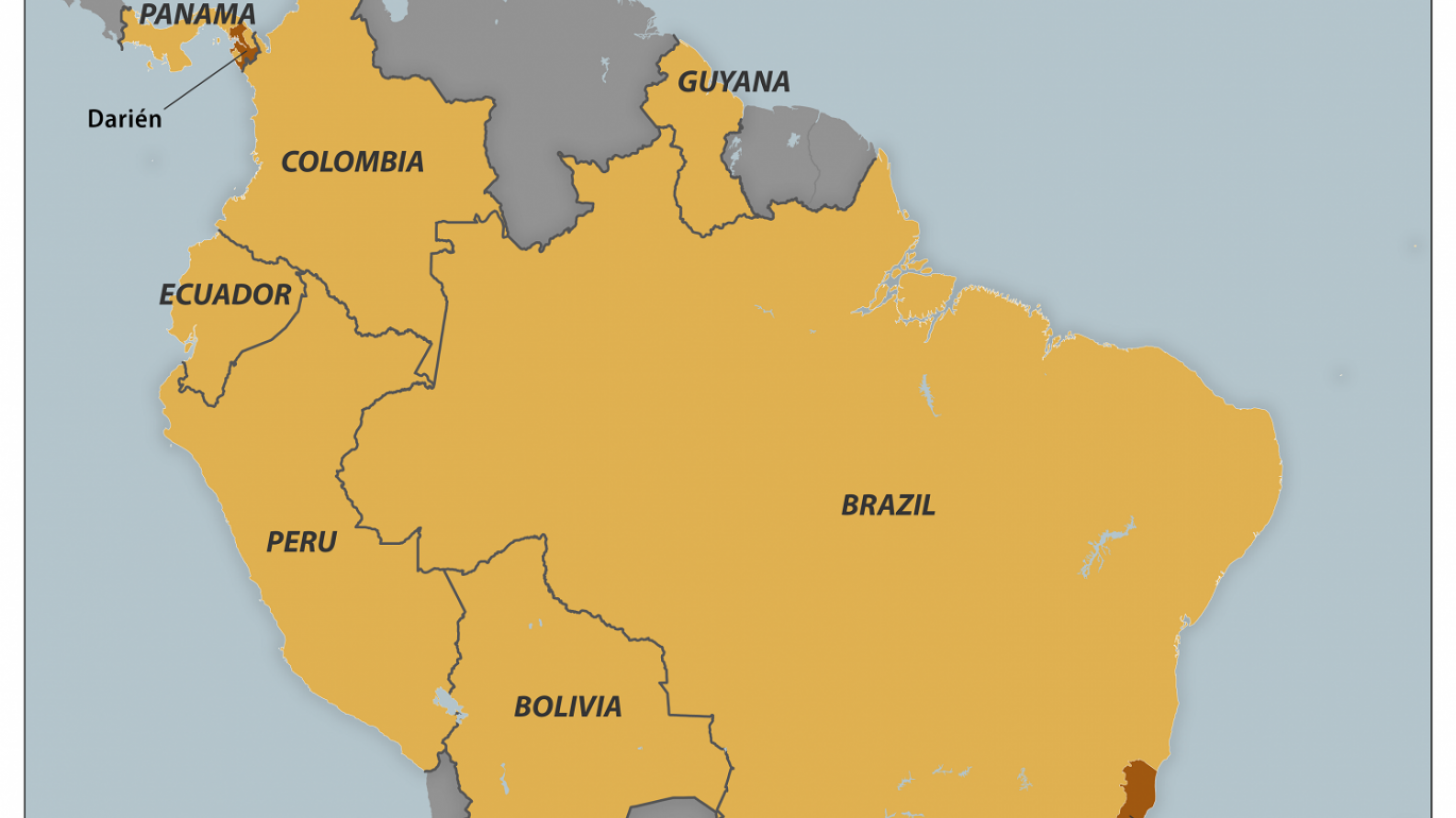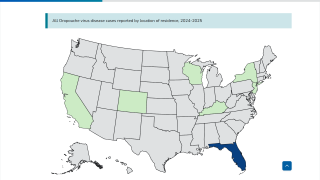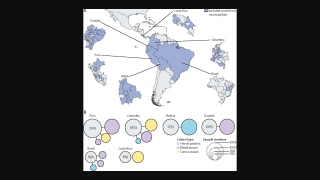Oropouche Virus Has Spread Throughout the Americas

Since first detected in 1955 in the Carribean, Oropouche virus (OROV) has been reported across various countries in the Region of the Americas.
According to an article published in the Journal of Travel Medicine on March 2, 2025, OROV was historically confined to the Brazilian Amazon Basin and was often mistaken for dengue, another mosquito-transmitted virus.
However, since late 2022, OROV cases have also been reported in Bolivia, Ecuador, Guyana, Colombia, Cuba, Panama, and Peru.
Additionally, Florida's Health Department reported over 100 OROV cases in international visitors primarily traveling from Cuba in 2024.
Collaborating with Central Public Health Laboratories across Brazil, researchers integrated epidemiological metadata with genomic analyses from recent cases, generating 133 whole-genome sequences covering the virus’s three genomic segments (L, M, and S).
These include the first genomes from regions outside the Amazon and the first recorded fatal cases.
Phylogenetic analyses show that the 2024 OROV genomes form a monophyletic group with sequences. They identified 21 reassortment events, though it remains unclear whether these genomic changes have facilitated viral adaptation to local ecological conditions or contributed to phenotypic traits of public health significance.
This research's findings demonstrate how OROV has evolved through reassortment and spread rapidly across multiple states in Brazil, leading to the largest outbreak ever recorded outside the Amazon and the first confirmed fatalities.
Additionally, the virus’s recent rapid geographic expansion and the emergence of severe cases emphasize the urgent need for enhanced surveillance across the Americas.
To alert healthcare providers and travelers, the Pan American Health Organization and the U.S. CDC have issued various Travel Health Advisories, confirming OROV is spread primarily by the bite of infected midges and mosquitoes.
However, the Oropouche virus has been found in semen.
There have been possible cases of Oropouche being passed from a pregnant woman to her fetus.
The CDC says visitors to impacted areas should consider using condoms or not having sex during travel and for 6 weeks after returning from travel.
Additionally, the CDC says healthcare providers should inform women who are pregnant and considering travel to areas with reported Oropouche virus transmission of the possible risks to the fetus. If a pregnant woman decides to travel, counsel her to prevent bug bites.
Since no Oropouche vaccines are available as of March 4, 2025, the CDC's advice is the easiest to implement to prevent infections and severe disease.
Our Trust Standards: Medical Advisory Committee









